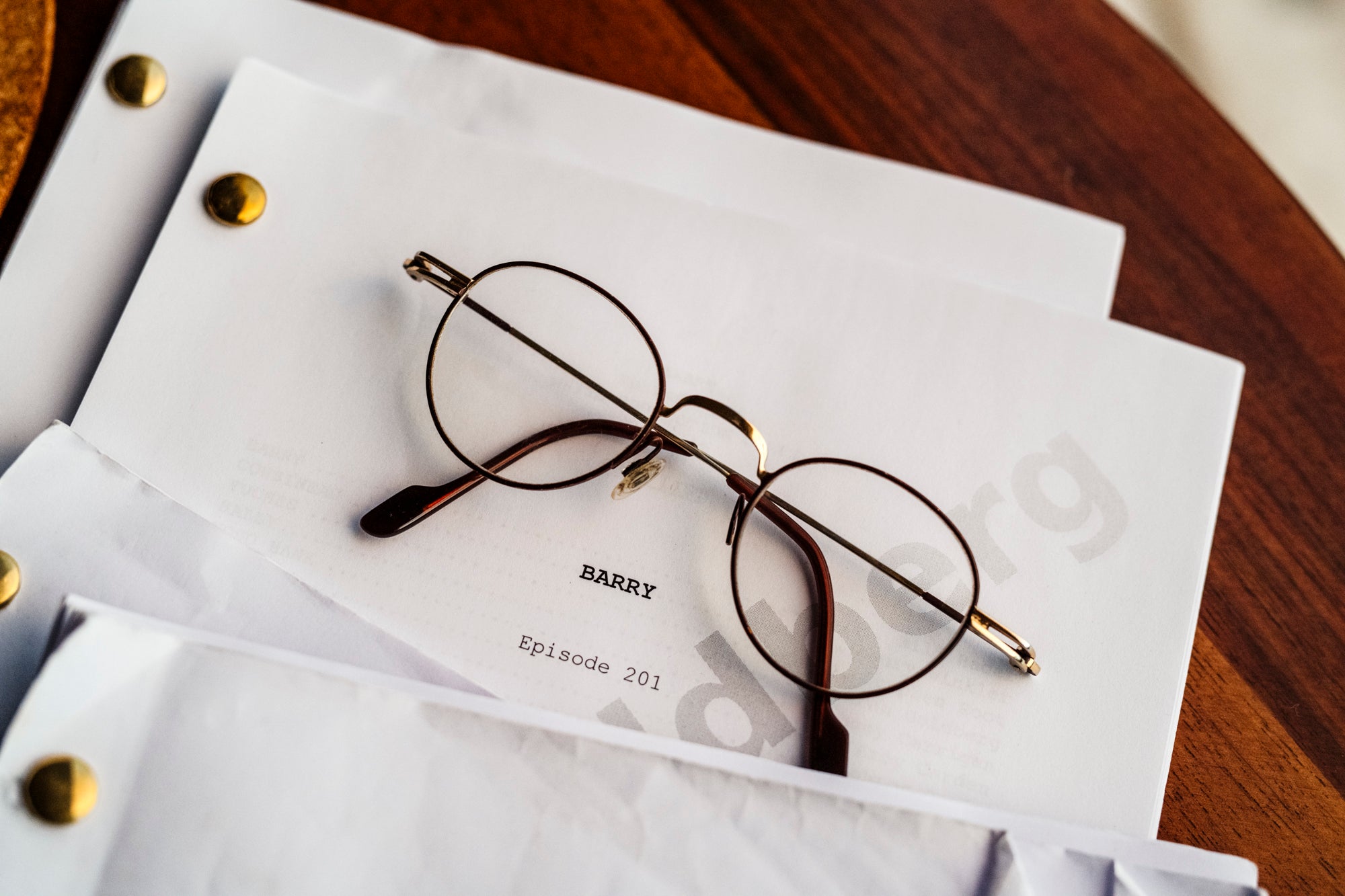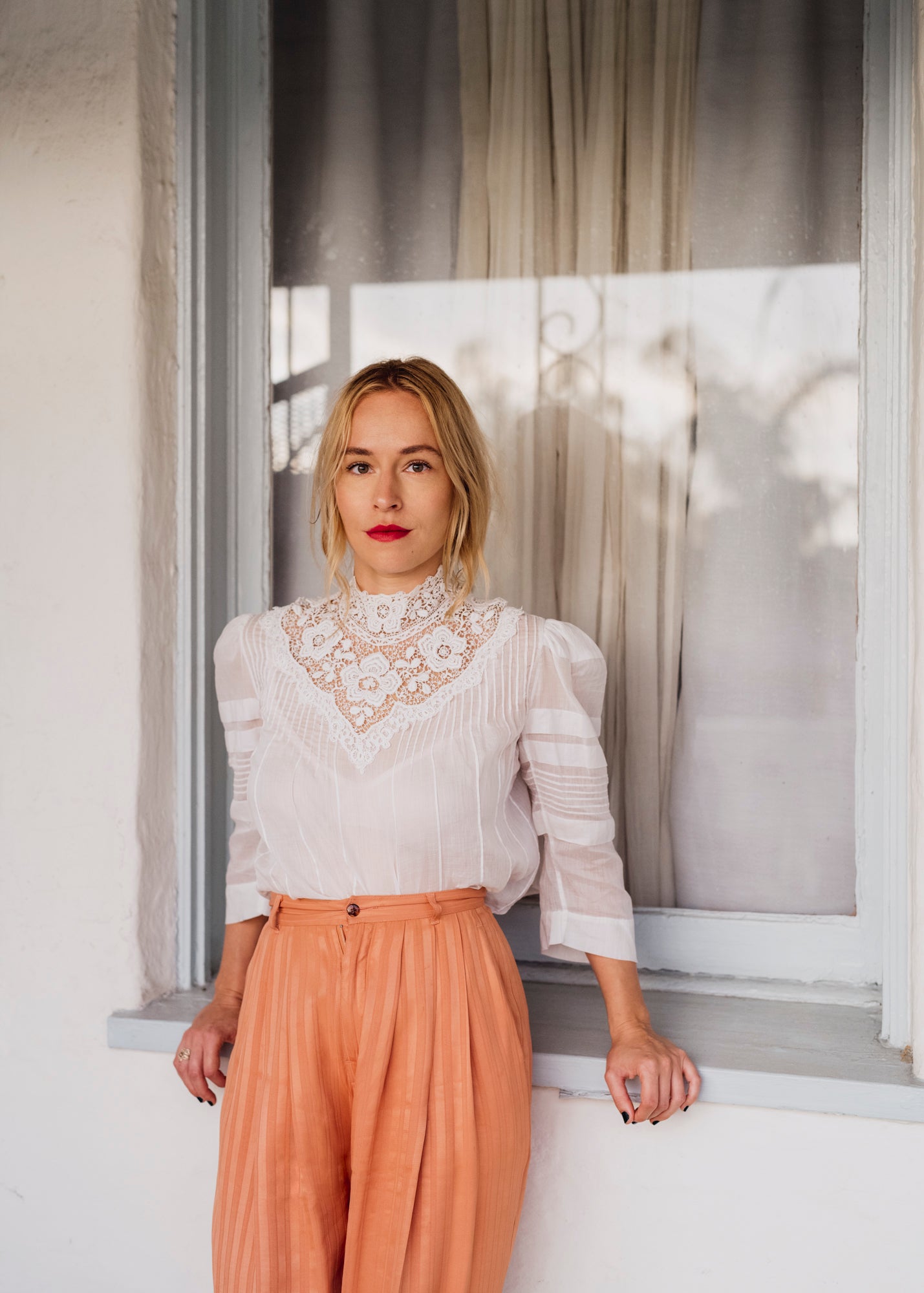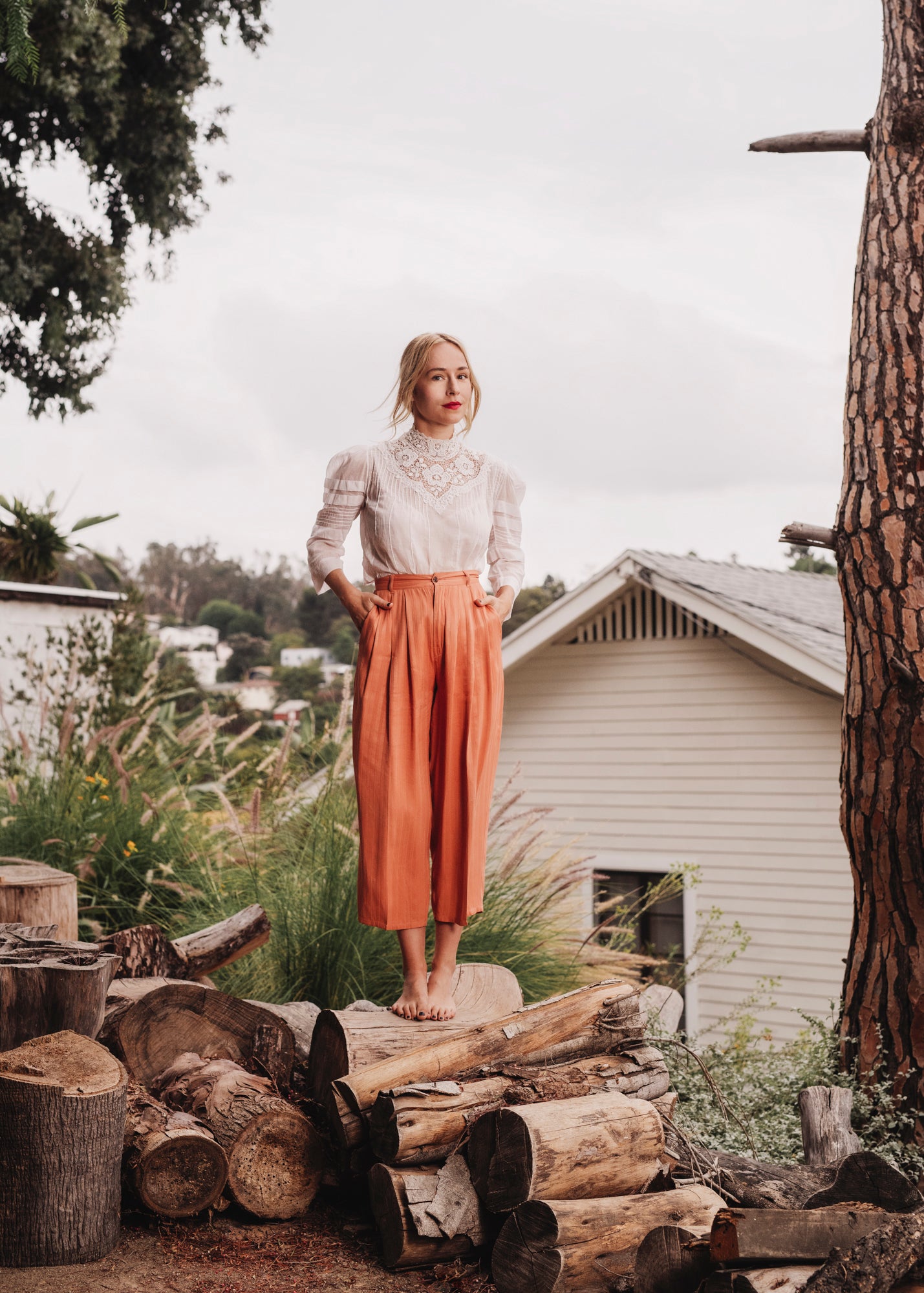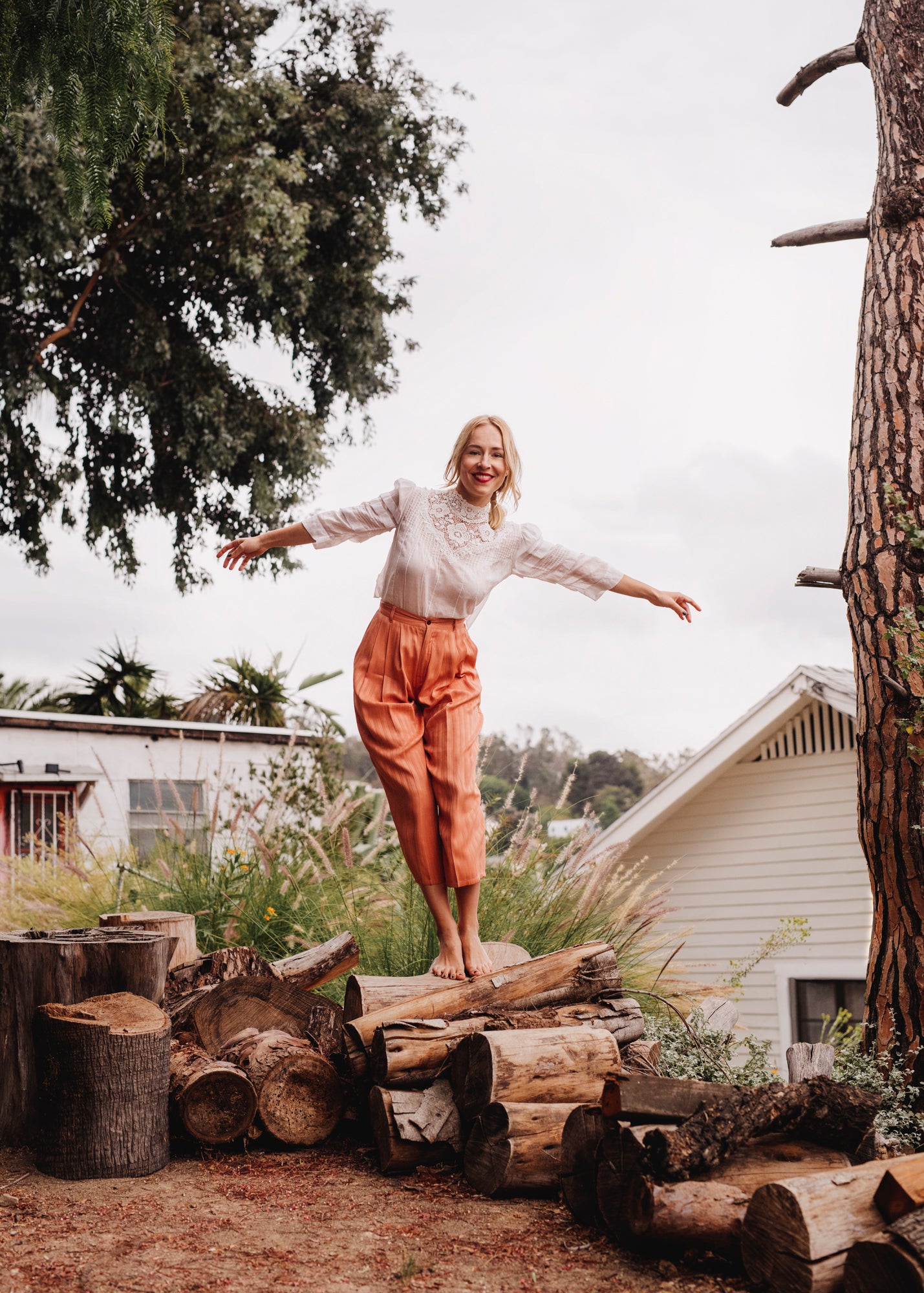
The Barry star on being down and out in London, lucky breaks, and the uniquely American pressure to be famous.
AS TOLD TO GOSSAMER
This Conversation appears in Volume Two of our print magazine. You can pick up a copy here or at a stockist near you. It also makes a great gift, so why not buy two? Hell, make it three.
I grew up in Vancouver. Talk about winning the lottery. Western Canada in 1985 was a good spot to be born.
Vancouver also has the greatest weed in the world, apparently. But I didn’t really smoke that much in high school. I was a bit of a goody-two-shoes.

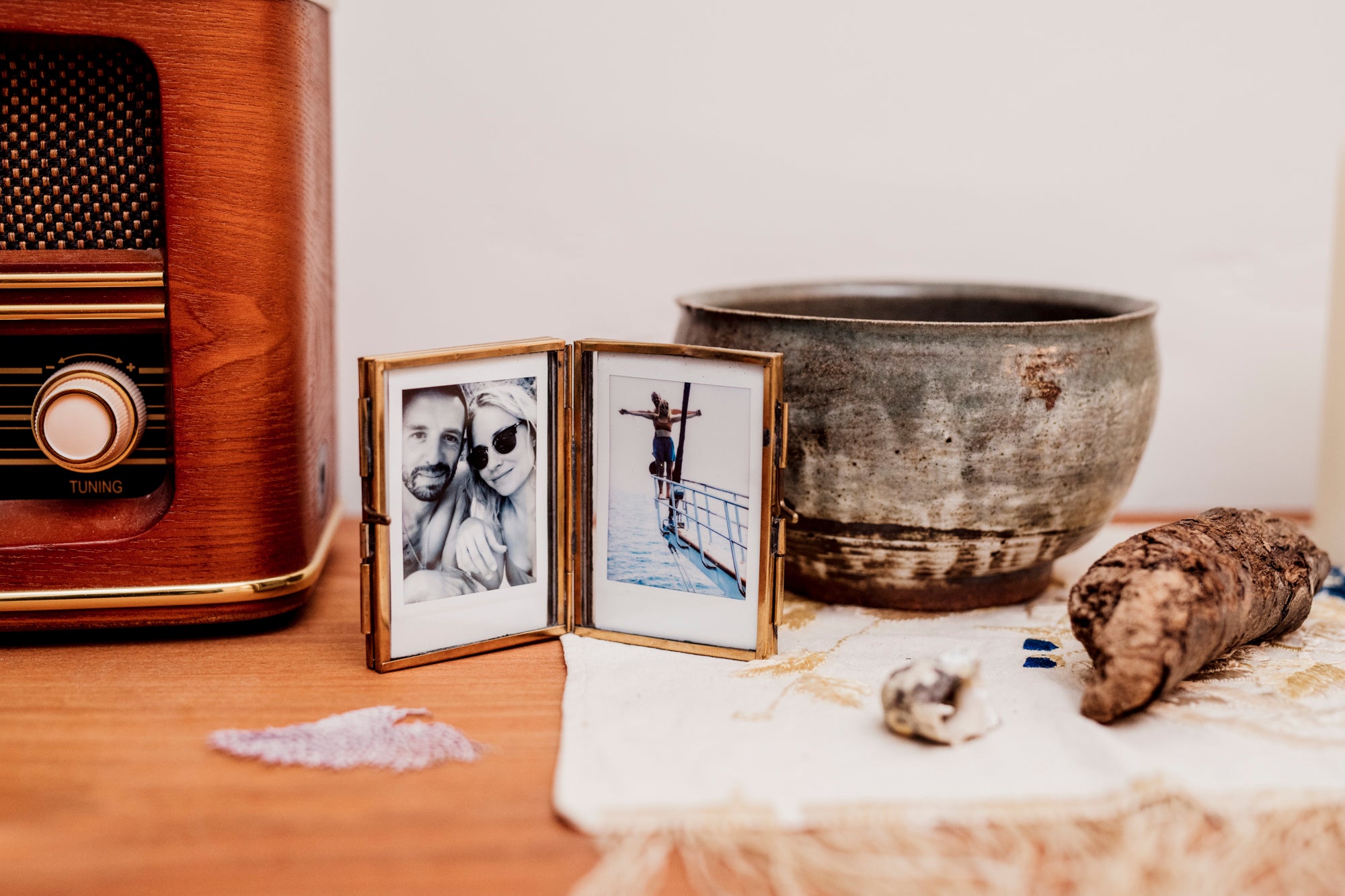
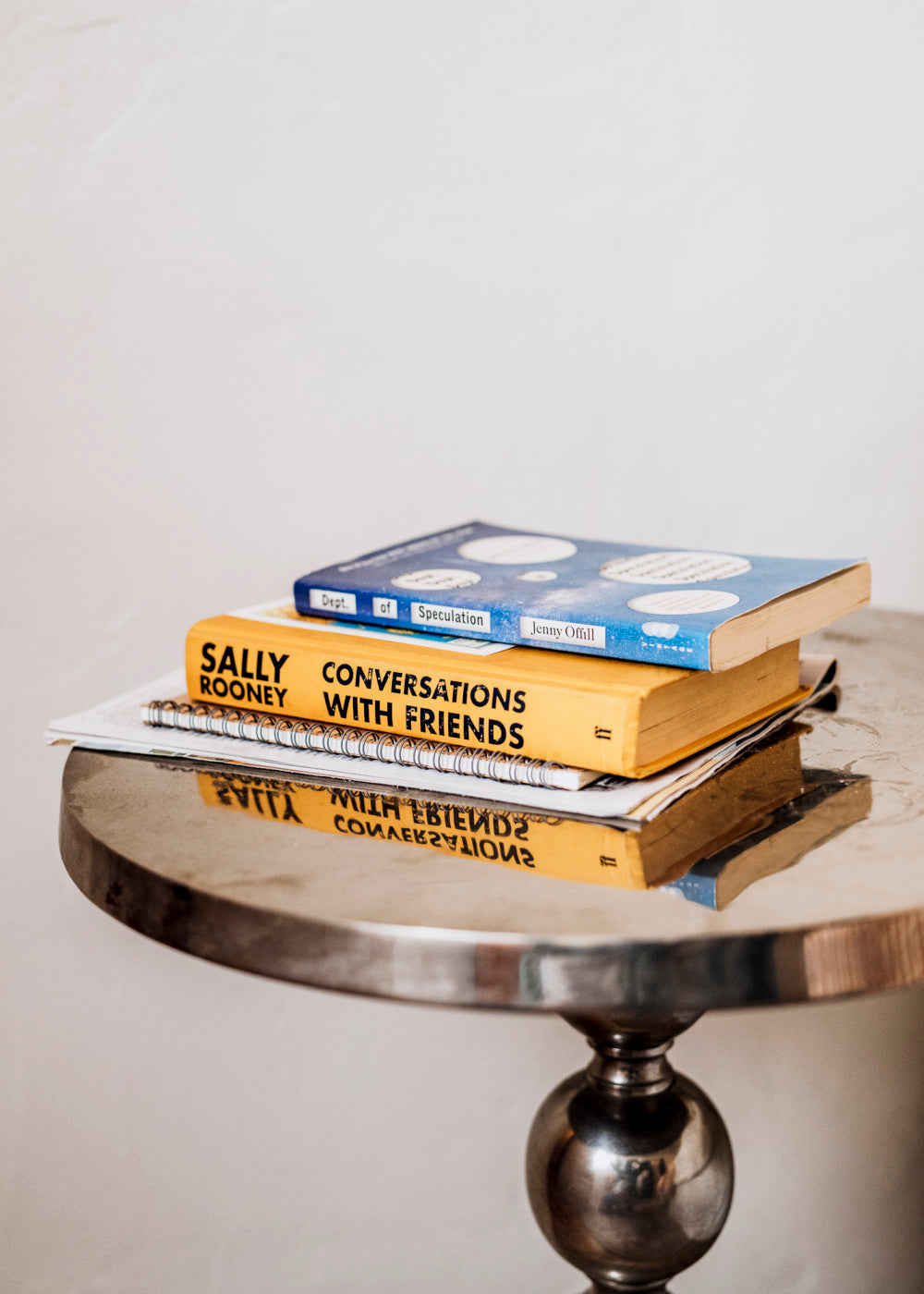
You do eight shows a week, and at the end of the day they give you almost enough money to pay your rent.
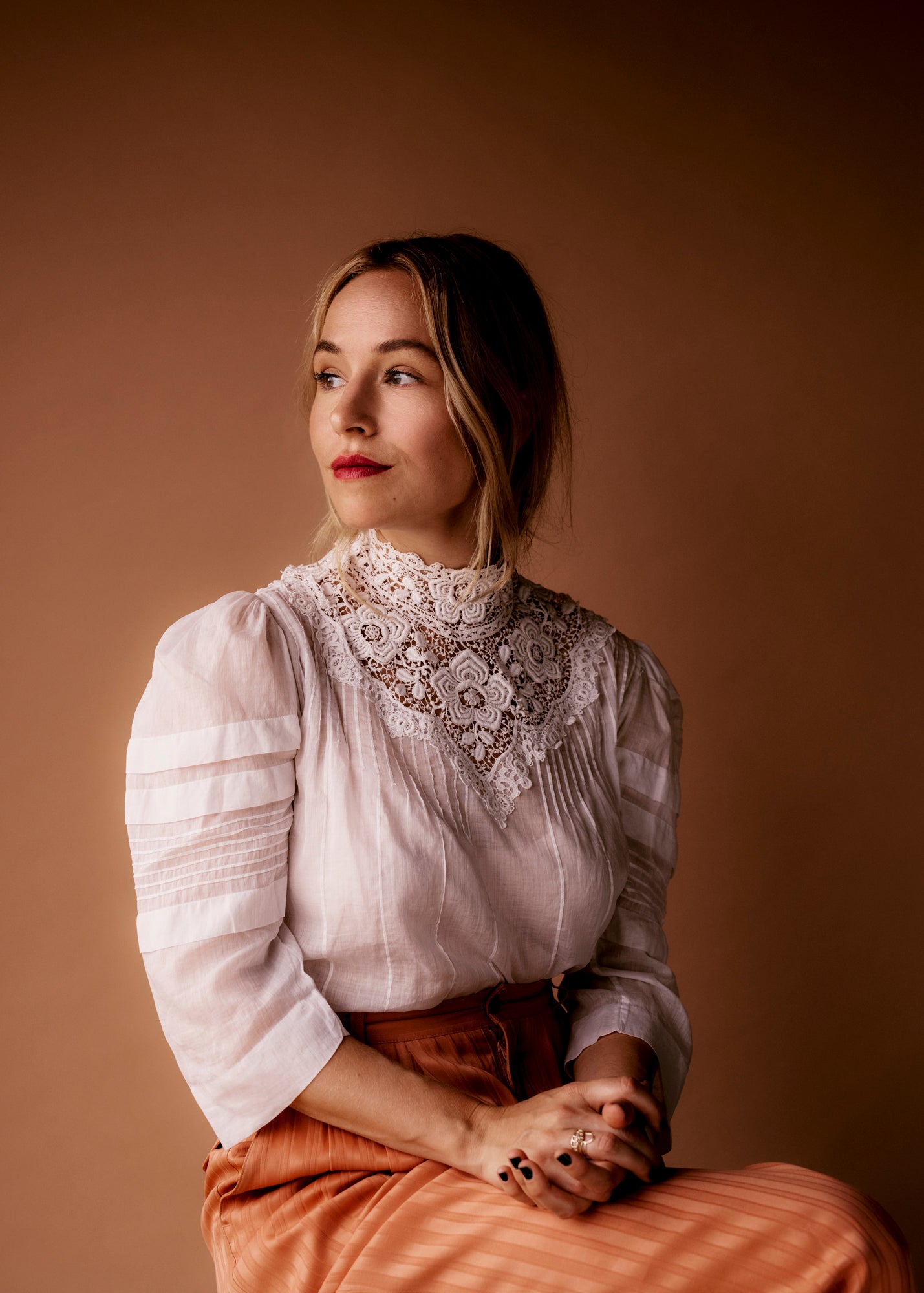
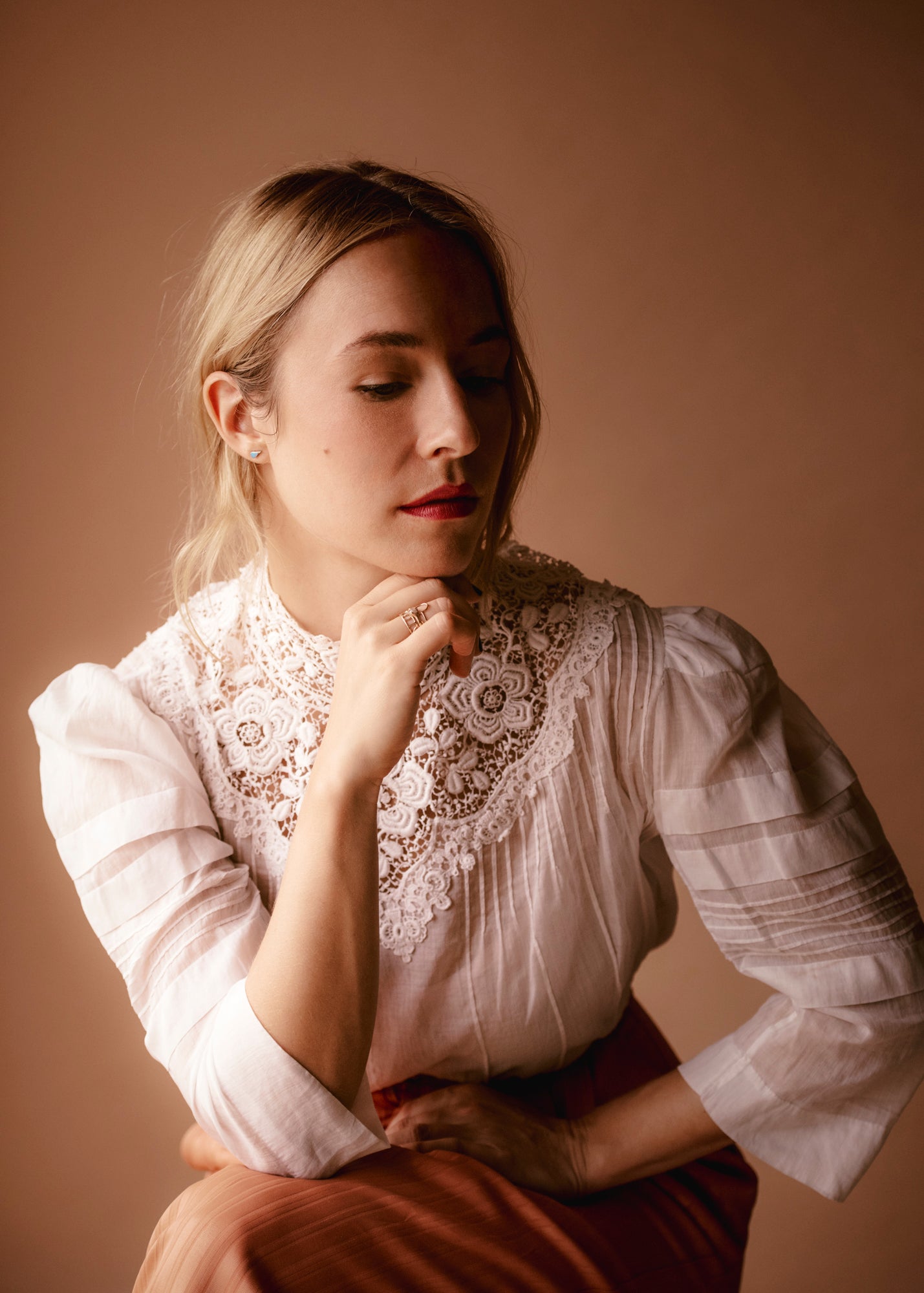
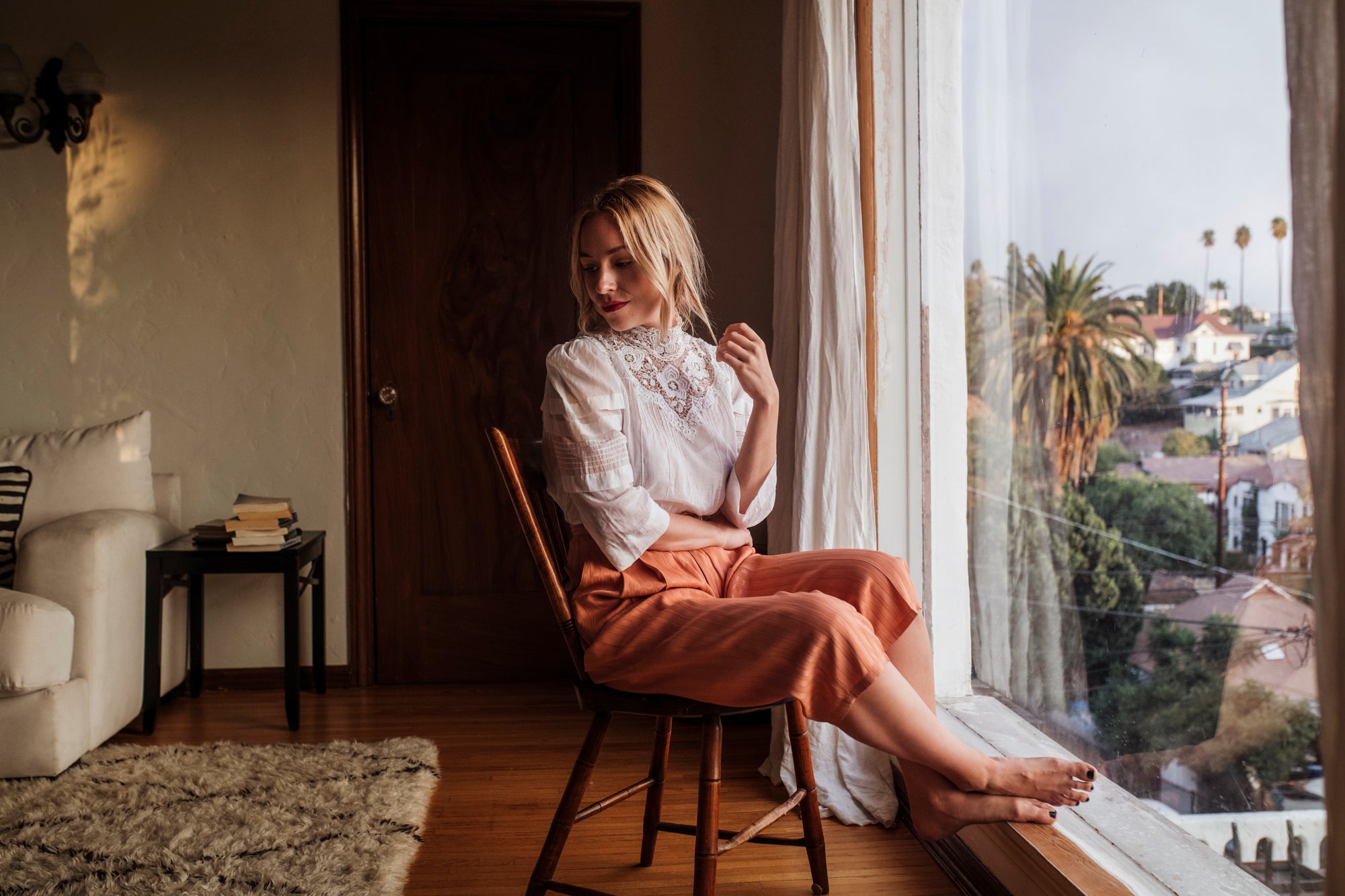
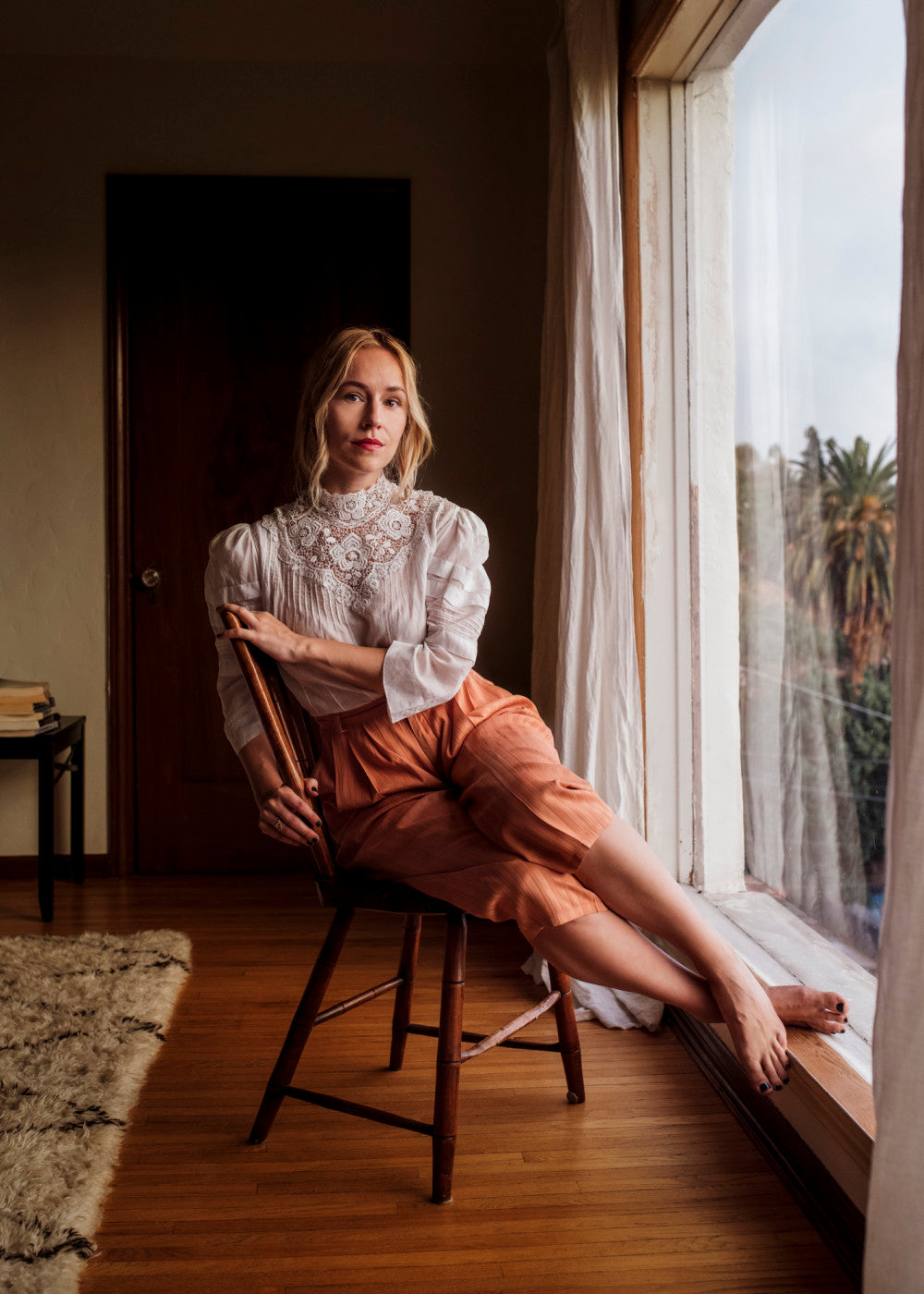
I think there’s a lot of pressure in the United States to become a famous person in a way that people in the U.K. don’t really give a shit about.
